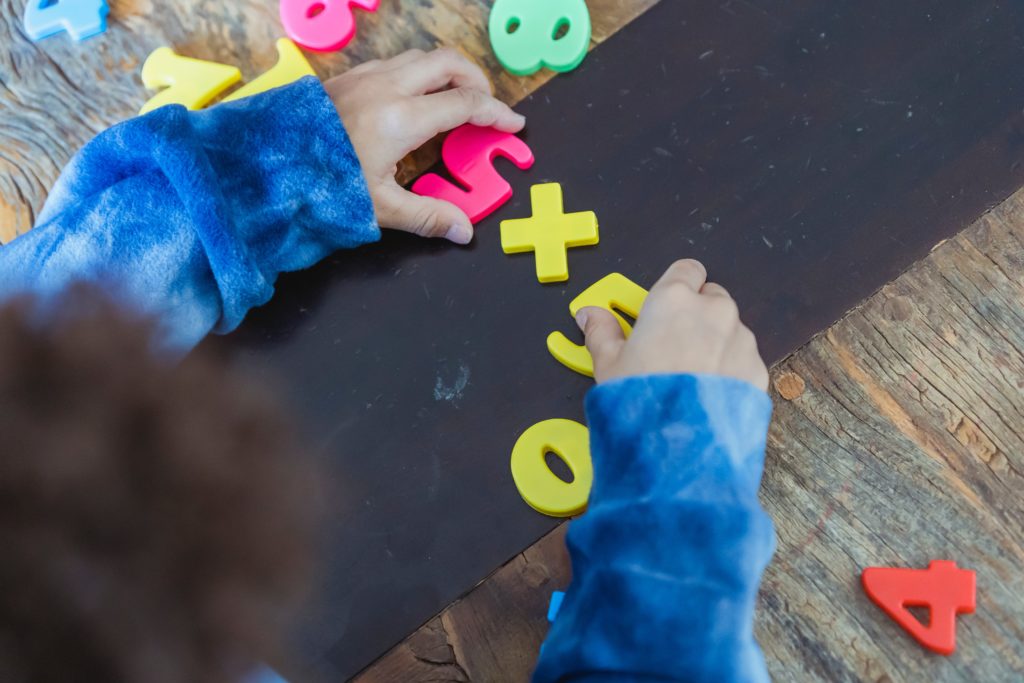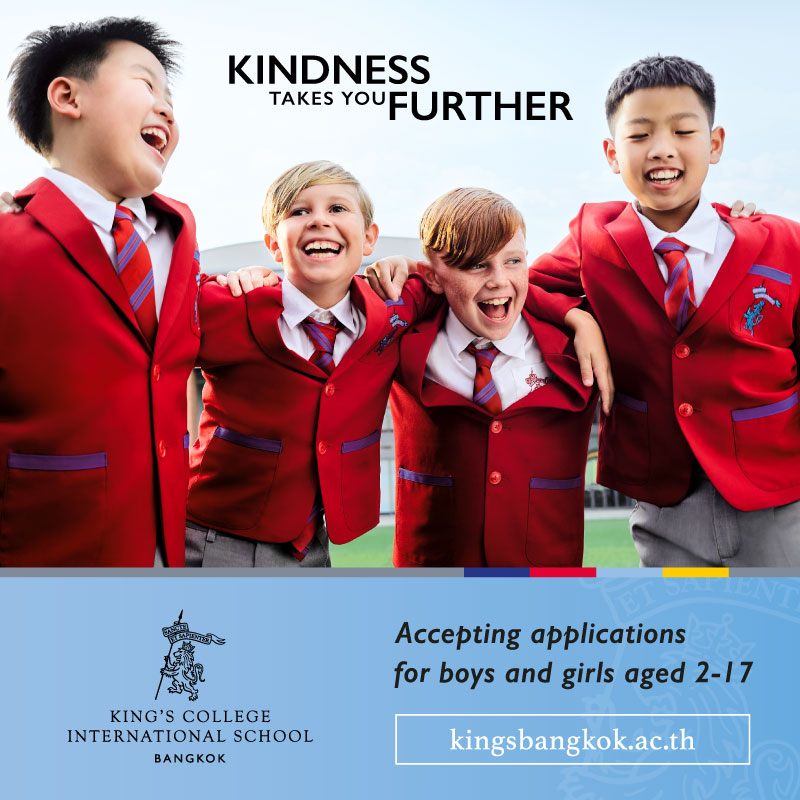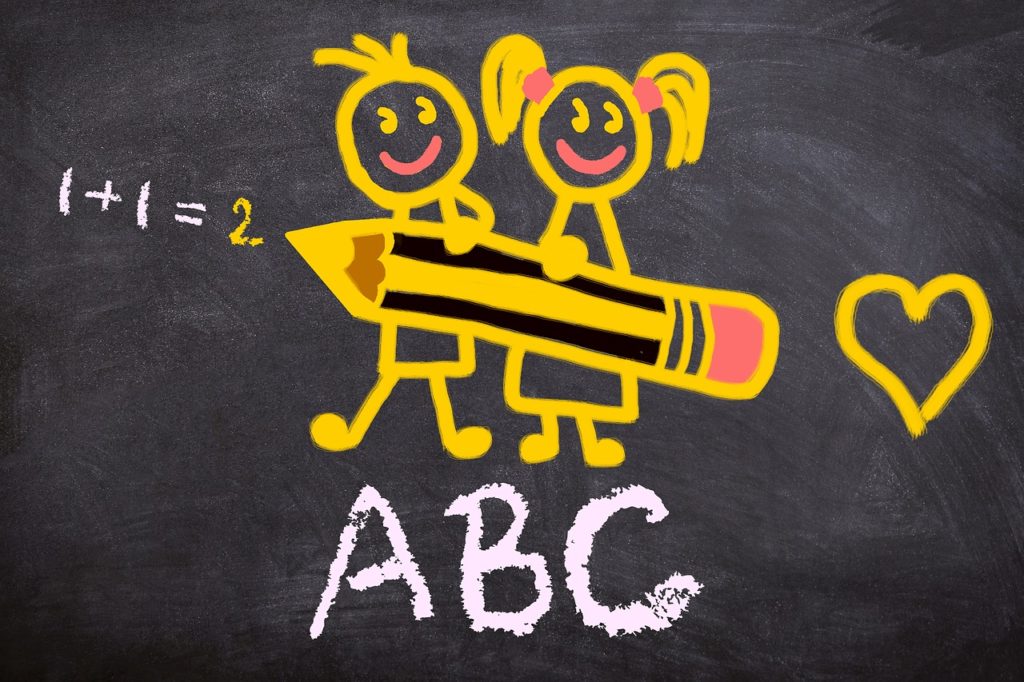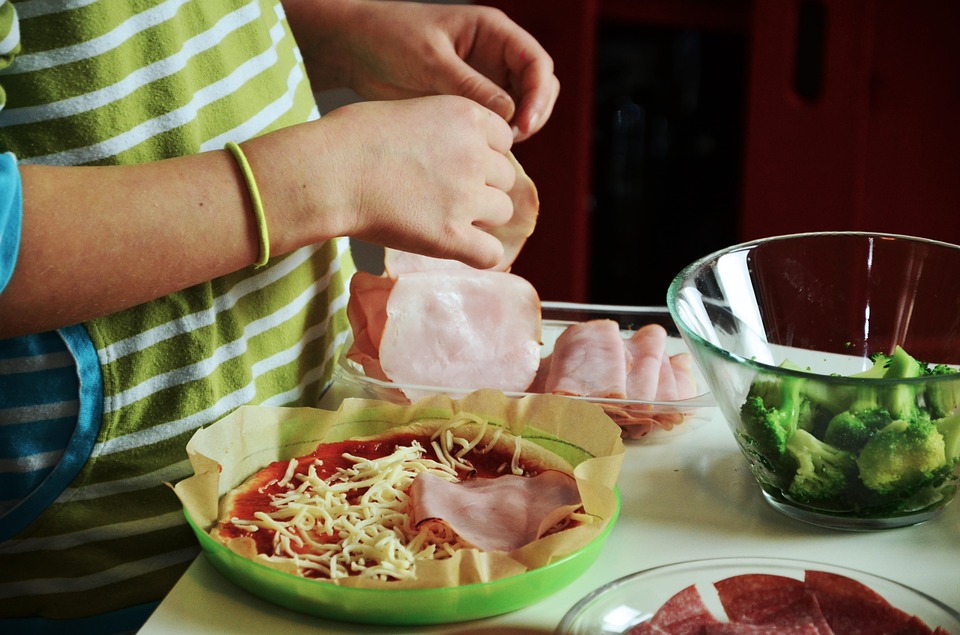All parents will recall the parrot fashion learning we did with our kids on their math times tables, singing the ABC or getting them to write out their spelling words over and over, but does this work?
So which is better, rote style repetition or intelligence based learning? Each method yields results. For the rote students, the rigidity and tedium of their educational experience is generally rewarded down the line as high-placing students tend to make high-placing job candidates. Intelligence style learning offers a broader and varied experience with critical thinking being one of the many attributes.
When it comes to approaches to learning and the school you select for your child, dig deep into their mission statements and methods of instruction as it’s difficult, not impossible to switch learning styles as children go through their educational journey.
Rote Learning
Rote memorization versus intelligent learning has been a hot topic in education circles for years. On one side of the argument supporting the rote type of learning, some educators view it as the one thing in the education system that guarantees high scores in the student body as a whole, and ups their student’s national rankings when compared to other countries that have a less rigid type of education system.
Traditional approaches to education such as practising rote learning and building pupils’ memories are essential to allow for more complex tasks, a leading expert in cognitive science has said.
Helen Abadzi, an expert in cognitive psychology and neuroscience, who was an education specialist at the World Bank, said that pupils who “overlearn” and repeatedly practice tasks, such as mental arithmetic, free up their working memory for more “higher order” analytical thinking.
There is a reason why some elements of traditional methods of teaching have stood the test of time, she added, as they help the brain to remember and make correct decisions.
“’Traditional’ means we’ve been doing it for two, three, five centuries – it’s actually a good indication that it works because our memory system can do this stuff,” she said.
“People may not like methods like direct instruction – “repeat after me” – but they help students to remember over the long term. A class of children sitting and listening is viewed as a negative thing, yet lecturing is highly effective for brief periods.”
It is important for parents, teachers and pupils to understand the benefits of practising to lay down the foundations for more complex tasks, Dr Abadzi said.
“Those who practise the most forget the least over time,” she said. “So-called ‘overlearning’ protects from forgetting, because consolidation requires repetition – small bits learned at a time”.
In rote memorization, there is definitely something to be said for the technique. Countries in which it is a major part of the education system consistently do well in international scholastic rankings. However, this is sort of a bygone conclusion. The students study, using the rote method, for the tests in particular. Scoring highly on the test itself is the goal, not the education derived from the course of study. These students typically spend up to a couple months studying for a single placement exam.

Intelligence Learning
On the other hand, there are also educators who feel that rote training is only suitable for young children who are learning the alphabet or the times tables, and that it stifles independent and creative thinking. These same educators are also likely proponents of an intelligence-oriented curriculum, where learners are placed in more open-ended scenarios. Questions, answers and feedback from teachers are used towards achieving an end goal or solving a problem.
Yet, it is actually the students who have been educated in an intelligence-based system of studies who are much better prepared for the way that most universities teach their classes. In a university-level curriculum, the emphasis is most often put on analytical thinking; the curriculum is designed to prepare you for life in the real world, be it academic, business or in a profession such as law or medicine. These are where analytical skills are most valuable, especially when situations call for initiative and solving the problem at hand.

Rote students generally flounder at first in this type of environment where thinking ‘out of the box’ or in any way other than the way that they’ve been taught is needed. Yet, they’re disciplined as a result of their upbringing and study habits and simply put their nose to the grindstone — they study the problem to find a solution.
The lower-ranking intelligence students enter university in much smaller numbers overall, but they are much better prepared for, and tend to thrive under, the university’s type of teaching and expectations for performance. For what it is worth, they seem to enjoy the educational experience more and are happier in general. While every student has pressures, the intelligence-oriented student looks at their education with a greater understanding of what they are supposed to accomplish and what a true education means.















